Brazil Needs a Fresh Start
Feb 5, 2020
LUCIANO HUCK
Since the restoration of democracy in 1985, Brazil has made notable gains when it comes to taming inflation, expanding welfare assistance, and even reducing poverty. But unless the country can tackle rising inequality and restore faith in its political leadership, these gains could be lost.
RIO DE JANEIRO – “I pray that my family will one day attend fewer funerals and more graduations.” These words, spoken by Douglas, a Brazilian from São Gonçalo, resounded in my ears like a gunshot. Douglas’s father died in a hail of bullets before Douglas was born; his mother was gunned down on his 11th birthday. Like so many Brazilian children his age, he was forced to drop out of school to pay the bills for his siblings.
After spending time with Douglas in São Gonçalo, one of the poorest and most violent cities in the state of Rio de Janeiro, it became obvious to me that he was a victim of the “zip code lottery.” Douglas lives in one of the most unequal cities in one of the world’s most inequitable countries. Statistically, it will take another nine generations before someone from his neighborhood ascends to the middle class.
Douglas is not alone. As an entertainer for Brazil’s largest television network, I have spent two decades sharing the stories of people living in the country’s biggest favelas and most remote Amazonian communities. And as a social entrepreneur, I am constantly looking for new ways to unlock the potential of the tens of millions of Brazilians living in poverty.
For as long as I can remember, Brazil has been ridiculed as a country eternally waiting for the future to arrive. The biggest obstacle to progress is inequality, which is tied to Brazil’s legacy of colonialism, slavery, and exclusionary institutions, and perpetuated by Brazilian elites’ cynical disregard for the poor. Although successive presidential administrations since the restoration of democracy in 1985 have tamed inflation, expanded welfare assistance, and even reduced poverty, inequality has remained stubbornly high.
Worse, recent evidence shows that inequality in Brazil has started widening again, potentially wiping out much of the progress of the previous three decades. The primary culprit is a regressive system of taxes and subsidies that disproportionately benefits wealthier people like me. Brazil has low income- and property-tax rates relative to other OECD countries, yet it imposes a bevy of indirect taxes on the poor.
If Brazil is going to have any chance of curbing inequality, it needs drastic improvements in the coverage and quality of basic public education. While wealthy citizens receive high-quality educations, poorer ones like Douglas are routinely forced to leave school prematurely, owing to violence and crippling financial pressures. This helps to explain why there are still over 11 million Brazilians aged 15 or above who can neither read nor write.
Brazil desperately needs to improve the effectiveness of its 200,000 public schools. Instead of building new facilities, we should find ways to spend more efficiently, with a focus on teacher training and career development, early childhood education, and curricula for the twenty-first century. Recent improvements in educational outcomes in Ceará, Piauí, and Espírito Santo show that rapid progress is possible.
Brazil’s fight against inequality cannot be won unless the country’s social safety net serves all citizens. There are an estimated 43 million Brazilians currently living in poverty, more than 13 million of whom live in extreme poverty, the highest level in seven years. Fortunately, artificial intelligence and big data technologies can help improve the quality and coverage of services, and at a lower cost than at any time in the past.
But to improve education and social inclusion, Brazil will need new leadership. Today, most Brazilians are frustrated and desperate. In 2013, well before the mass protests that flared up in Chile and Ecuador, Brazil experienced one of the largest demonstrations in its history. The 2018 presidential election that brought Jair Bolsonaro and his far-right government to power revealed the extent of polarization and dissatisfaction among the electorate. Exhausted by widespread corruption and economic stagnation, Brazilians voted for change. Needless to say, opinions are divided on whether Bolsonaro’s presidency will unify Brazilians and transform the country for the better.
For many in my generation, politics is seen as a dirty business that is best avoided. But, looking back, I now recognize that I share the blame for this outcome. Because politics does not come naturally to me, I was insufficiently involved in this critical domain.
But my generation can no longer accept things as they are. The time has come for Brazil to renew its social contract. The country needs a broad political coalition to curb inequality, borrowing the best ideas from both the left and the right. Ideological purity and uninformed policies will not resolve Brazil’s most pressing problems. Moreover, we need politicians and civil servants who are technically and ethically qualified for the job. But we cannot expect policymakers to succeed without outside help.
In 2017, these challenges prompted me to join Agora, a civic movement dedicated to mobilizing a new generation of young leaders who have pledged to devote at least two years of their careers to public service. Soon thereafter, I helped launch RenovaBR, a non-partisan training school for prospective political leaders. In our first call for applications, we attracted more than 4,600 submissions from people who had never been involved in politics. They were drawn by our appeal “to be the candidate whom you would want to vote for.” Of the more than 120 successful applicants, 17 were elected to federal office in 2018. In a recent call for applications ahead of Brazil’s upcoming municipal elections, we received more than 31,000 submissions.
Candidates supported by groups like Agora and RenovaBR offer an inspiring and positive vision of a more open and pluralist Brazil. They are focused on what really matters: closing the massive gap between rich and poor. Because of them, I am still bullish on Brazil. If we target inequality with the tools at our disposal, Douglas and millions of children like him will live to attend more graduations and fewer funerals.
Luciano Huck is a Brazilian TV host, philanthropist, and entrepreneur.

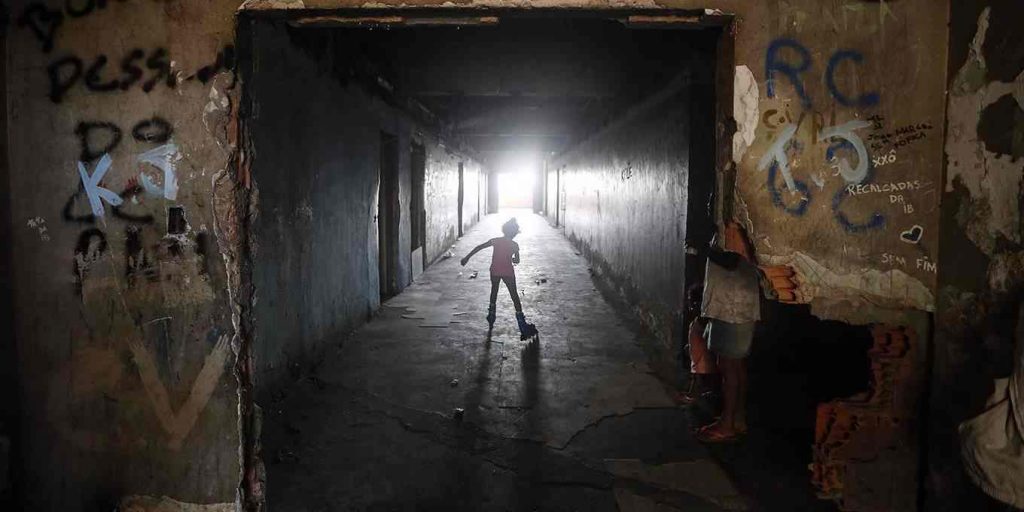
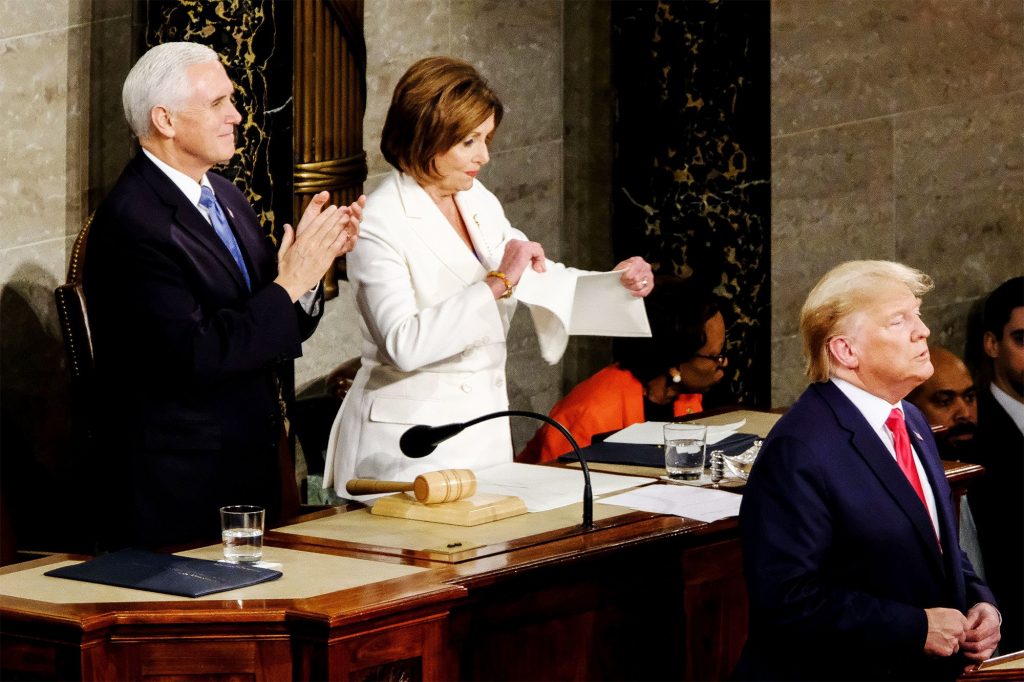


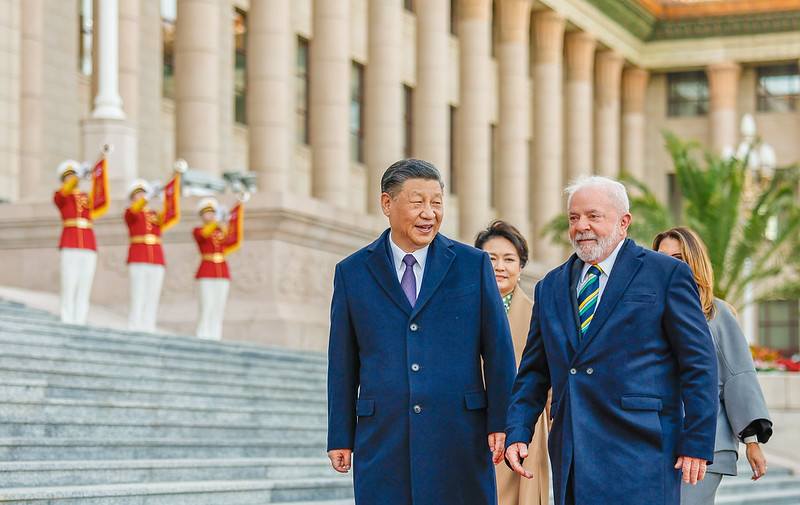
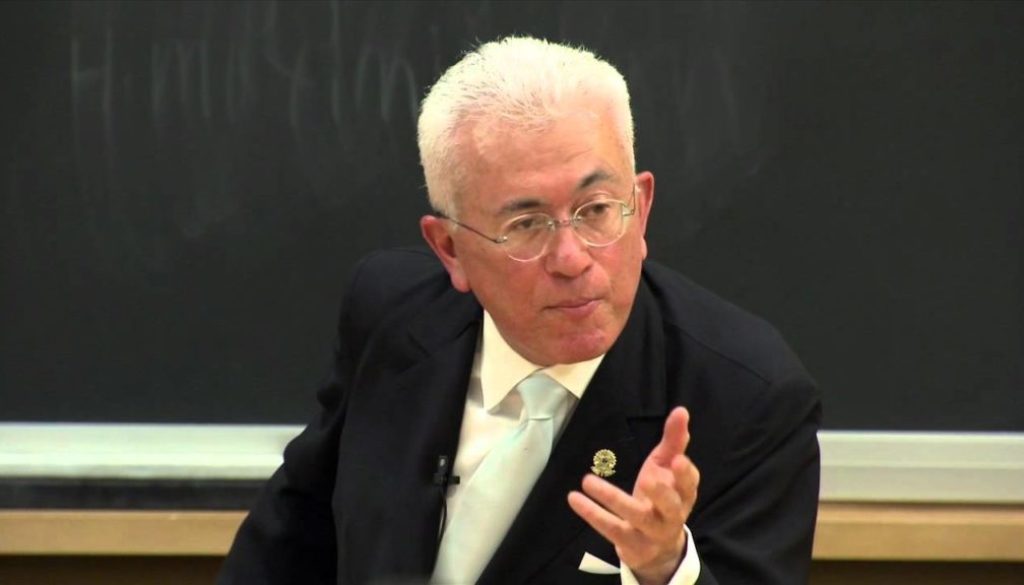
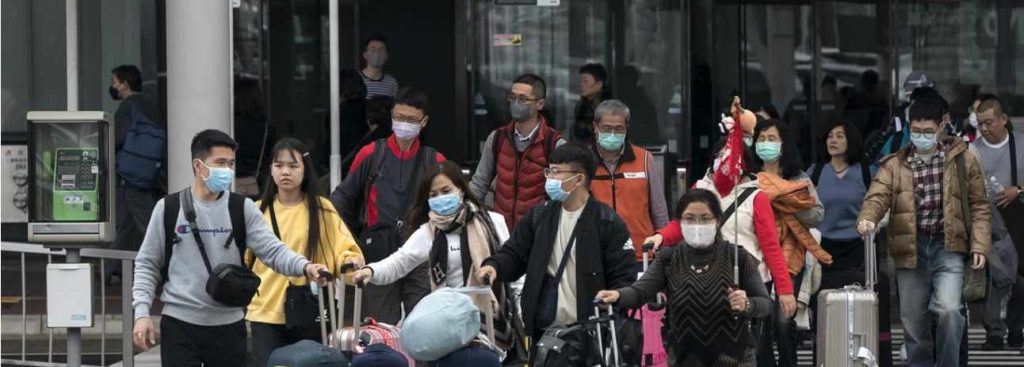
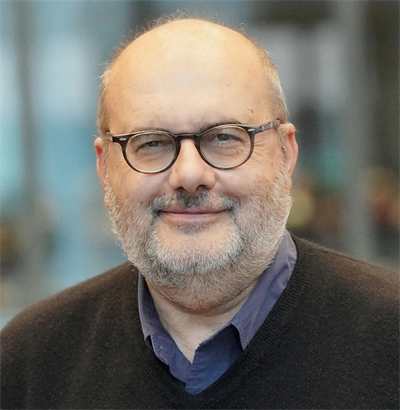
Samuel
06/02/2020 - 20h11
Este artigo corrobora a tese de que se a Direita é bolsonaro, doria, witzel….. é inegável que Huck e Maia estão próximos ao Centro!
Marcus Vinicius Machado Padilha
06/02/2020 - 14h45
“Desde que me lembro, o Brasil é ridicularizado como um país eternamente esperando a chegada do futuro. O maior obstáculo ao progresso é a desigualdade, ligada ao legado brasileiro de colonialismo, escravidão e instituições excludentes e perpetuada pelo desprezo cínico das elites brasileiras pelos pobres. Embora as sucessivas administrações presidenciais desde a restauração da democracia em 1985 tenham domado a inflação, aumentado a assistência social e até reduzido a pobreza, a desigualdade permaneceu teimosamente alta.”…
Mas é muito hipócrita essa gente da elite econômica!
O Demolidor
06/02/2020 - 13h28
A cara do cafezinho….
Psilocibes Cubensis
06/02/2020 - 13h15
Miguel do Rosário fazendo propaganda pro Huck enquanto o coroné conversa com o DEM/PFL/PSD/ARENA , não tem preço hahaha.
Ciro será reduzido a um lacaio de Maia em sua tentativa de criar um Temer 2.0.
Sobre o texto , educação é importante para gerar crescimento mas não reduz desigualdade , só uma reforma tributária progressiva aliada a aumento do salário mínimo e redução da jornada de trabalho reduzirá a desigualdade.
Lúcio
06/02/2020 - 12h49
Antes de sequer ler o artigo, fui à Wikipedia saber mais sobre o tal Project Syndicate, onde foi originalmente publicado. Trata-se de um veículo de mídia que recebe doações – vai vendo – da indefectível Open Society Foundation, e também diretamente do proprietário desta, o indefectível George Soros.
Os abutres globalistas estão loucos com a possibilidade de um fantoche deles vir a ser presidente do Brasil, para derrubar definitivamente quaisquer obstáculos nacionalistas ainda existentes à atuação predatória desses mega-rentistas globais.
Wellington
06/02/2020 - 12h24
Doria titular, Huck vice, Cirolipa treinador dos goleiros e Felipe Neto massagista em 2022. Kkkkkkkkkkkkkkkkkkkk
Alexandre Neres
06/02/2020 - 10h49
Será que o Ciro está tentando apoio do DEM, tal qual em 2018, e ao mesmo tempo do Huck, com o seu asssitencialismo barato e arcaico, já que até o Armínio Fraga, vulgo bandido da Tailândia, está se declarando de centro-esquerda?
Só pode ser isso para justificar a mera reprodução de forma acrítica de algumas matérias advindas deste campo global.
Alan C
06/02/2020 - 11h35
Se me permite vou fazer duas correções:
1) Ciro não procurou o DEM em 2018, ele foi procurado.
2) Ciro não procurou e nem vai procurar Huck, ao contrário, ele criticou quem se diz de esquerda e aceita conversar com o apresentador.
wagner
06/02/2020 - 10h35
????? publicam essa p. e nao colocam nem critica nem nada? ele pagou pra ser publicado ou o cafe ta ficando frio?
Helena
06/02/2020 - 08h29
De repente vemos a direita adotar o discurso da esquerda Até o sr. Armínio Fraga já está dizendo que é favorável à diminuição da desigualdade social. A quem eles pensam que enganam?
Alan C
05/02/2020 - 22h10
A direita é boa, é sim!! rs
Paulo
05/02/2020 - 20h54
#Ele Não! Um desrespeito com o Brasil…
Abdel Romenia
05/02/2020 - 19h29
Pel Amor de Deus….